Opposition Parties Beat 'War Wing' In Kosovo Elections
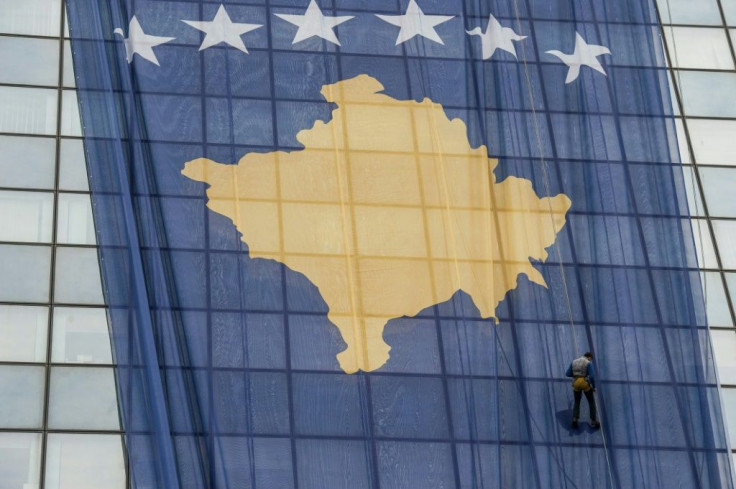
Opposition parties won the night in Kosovo's election Sunday, taking the lead over former guerrillas who have dominated politics for the past decade.
The leftist-nationalist Vetevendosje was in first place with nearly 26 percent of the vote, just ahead of the centre-right LDK with more than 90 percent of ballots counted, the electoral commission said.
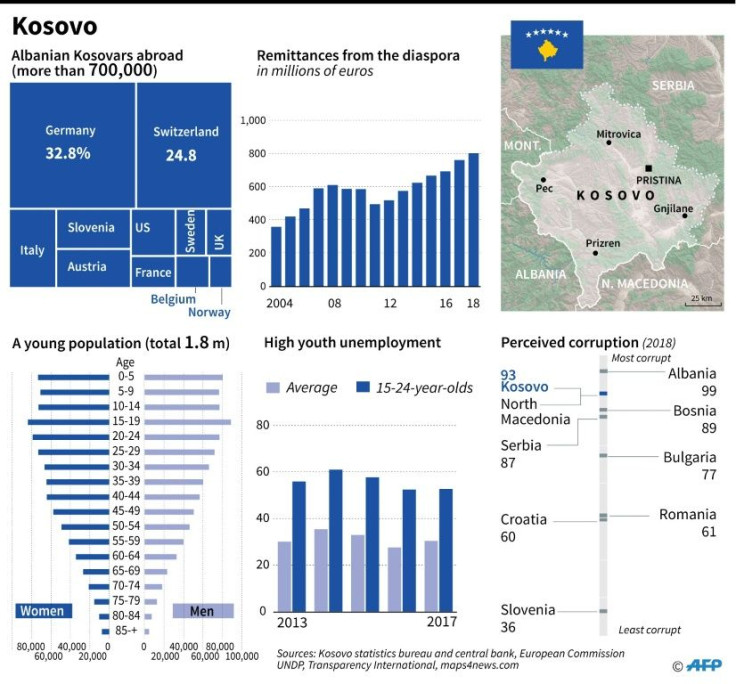
Fed up with widespread corruption and poverty, voters delivered a heavy rebuke to the outgoing government led by former independence fighters from Kosovo's 1990s war with Serbia.
"We did not win. We accept the verdict of the people and the PDK moves to the opposition," conceded Kadri Veseli, whose party is tied to President Hashim Thaci and has been in power since 2007.
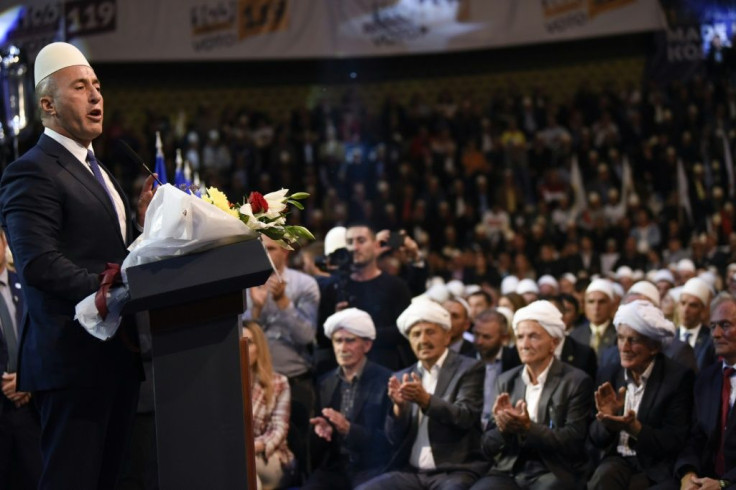
With no one taking an absolute majority, the opposition camps will need to unite to seal the PDK's place in the opposition.
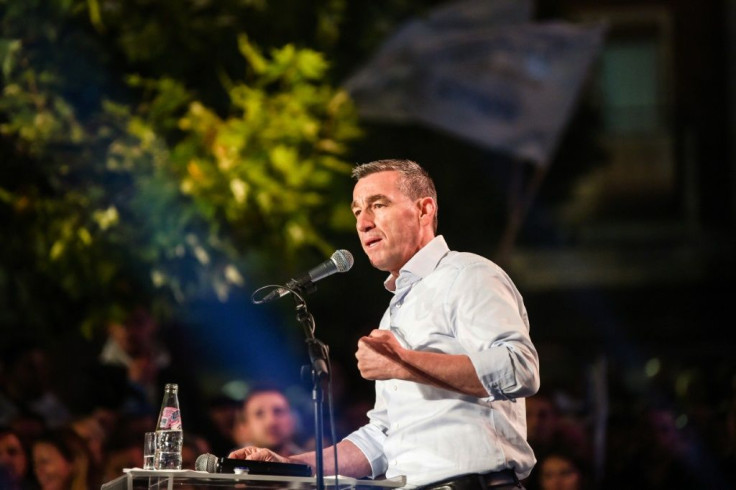
They have little overlap ideologically but have already signalled interest in joining forces.
"I will offer them a hand of cooperation as Prime Minister of Kosovo to crown the change," Vetevendosje leader Albin Kurti said late Sunday of the LDK.
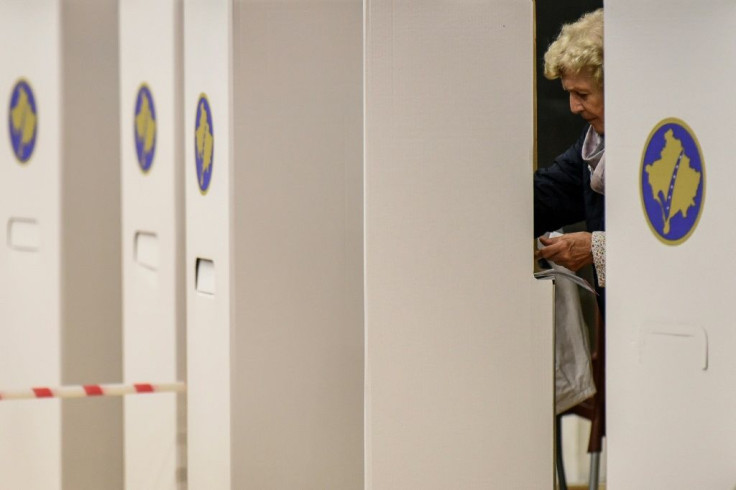
Meanwhile, the LDK's prime minister candidate Vjosa Osmani, said she believed the parties would "sit down and talk about a coalition".
Kurti, who will be tasked with forming the government if his party's lead is cemented, first gained fame as a student activist protesting Serbian repression in the 1990s before the war broke out.
The 44-year-old has since become a strident critic of Kosovo's political elite, and his place at the helm would herald a new era for the young democracy.
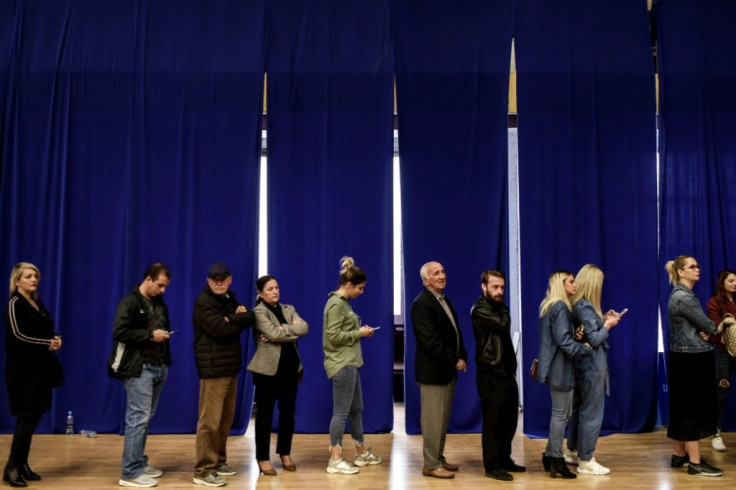
"We have waited a long time for this victory," said Ardi, a student in Pristina who joined exuberant crowds celebrating with flags and fireworks in the capital late Sunday.

Kurti's party "brings a big change and gives us young people hope to see a future here," he said.
Serbia talks
Sunday's snap poll was called after ex-prime minister Ramush Haradinaj, a former guerrilla commander, resigned in July to face questioning by a special court in The Hague investigating war crimes from the 1998-99 separatist conflict with Serbia.
His party, which was allied with the PDK in the former government but this time ran alone, had one of the weaker showings with 11.6 percent.
In addition to tackling a host of social and economic problems at home, the new leaders will now be under heavy pressure from the West to resolve Kosovo and Serbia's "frozen conflict".
The neighbours have yet to normalise ties two decades after they clashed in war, a lingering source of instability in Europe.
Kosovo, a former Serbian province, is recognised by most of the West but it needs Belgrade -- and its allies Russia and China -- to accept its statehood to get a seat in the United Nations.
Serbia is also under pressure to make peace with Kosovo in order to move forward with its EU accession process.
Yet their EU-led dialogue has been at a standstill for more than a year, with frequent diplomatic provocations souring efforts to build goodwill.
'Let them negotiate'
If the dialogue with Belgrade does resume, one of the most sensitive issues will be settling what powers to grant Serb-majority administrations in Kosovo.
There are approximately 40,000 Serbs living in the north and 80,000 scattered in and around a dozen enclaves in other parts of Kosovo, whose 1.8 million population is mainly ethnic Albanian.
Serbs have 10 reserved seats in parliament and the Srpska Lista party, which aligns with Belgrade, looked set for a landslide.
Speaking in Belgrade, Serbian President Aleksandar Vucic said he would be ready to talk to Kurti's party if they are deemed the "legitimate representatives" of Kosovo.
© Copyright AFP 2024. All rights reserved.











